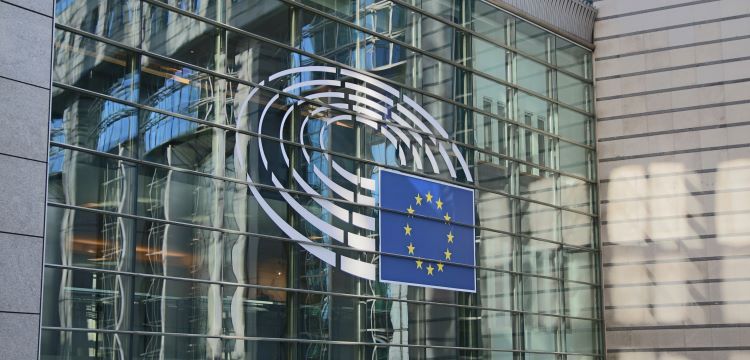The European Parliament’s Legal Affairs Committee adopted on 13 April a report urging the European Commission to propose concrete measures tailored to live sporting events, allowing real-time blocking of access to illegal online sports content, or the removal of such content without interrupting legal broadcasts
Broadcasting live sports plays an important role in the economy, providing a major source of revenue to event organisers . However, live sports broadcasts are often transmitted illegally online by dedicated professional websites, whose business model is based on subscription fees or advertising.
Sports event and copyright
Sport events as such do not qualify for copyright protection, as they are not a “work” as defined by EU copyright law, although the recording of a sports event is protected. Some countries have introduced specific rules covering live broadcasts, but they are not harmonised at EU level.
Live sports broadcasts have a time-limited economic value – the duration of the event – meaning the window for action against piracy is small.
Current procedures against live streaming piracy are long and not immediately applicable, so lack efficacy. MEPs on the legal affairs committee say the best remedy is the immediate termination of an unauthorised broadcast.
80% of right owners’ revenue comes from broadcast rights
The aim is to “tackle those thousands and thousands of illegal broadcasters [who] get the signal from different sport events across Europe and broadcast it illegally,” said Adrián Vázquez Lázara (Renew, Spain), the chair of the legal affairs committee. As sports clubs can’t currently sell tickets ” we have to protect the only income they have left, which is the TV rights”.
How MEPs want to tackle illegal sports streaming
The report, approved by the committee on 13 April, calls for the extension of existing rights to live broadcasts. It urges the European Commission to propose concrete measures specifically adapted to live sports events, allowing for the immediate removal of, or the disabling of access to, content without blocking the legal live broadcast.
The removal of illegal content should take place immediately after reception of the notice and no later than 30 minutes after the start of the event. The new rules should target professional illegal broadcasters, not viewers who are often unaware that they are consuming illegal content.
The rules should not apply to live in-venue content or footage by the audience as this does not infringe any rights and is an integral part of fan culture.








Leave a Reply